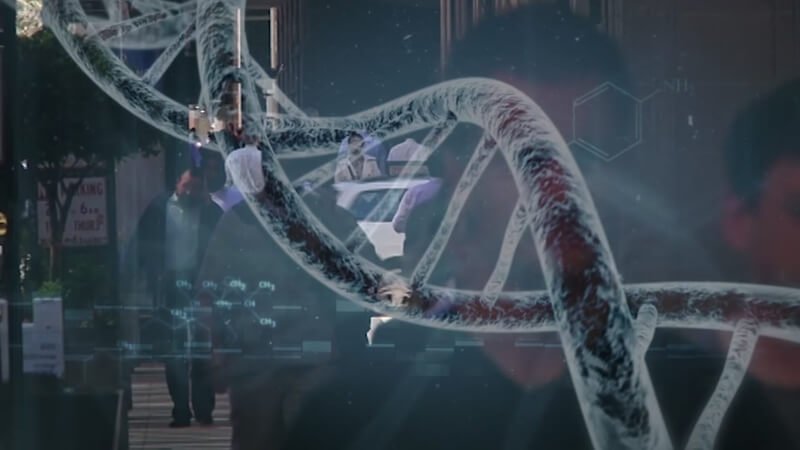Among the many mysteries that remain about COVID-19, the disease caused by the new coronavirus, is why it hits some people harder than others. …
In recent weeks, researchers have begun asking whether genetics could influence the severity of symptoms.
So far, they know “basically nothing,” Wendy Chung, a clinical geneticist and physician at Columbia University, tells The Scientist. She is one of hundreds of scientists launching studies to interrogate the human genome for answers. Chung and her team are racing to “recycle” and bank nasal swabs and other clinical samples from COVID-19 patients across the New York-Presbyterian Hospital System… .
The researchers plan to extract the patients’ DNA and scan the genomes for tiny sequence variations associated with symptoms listed in their electronic health records.
Prior research has uncovered gene variants that can alter a person’s chances of contracting an infectious disease. The most famous example is a mutation in the CCR5 gene, which offers protection against HIV.
…
If scientists are successful in identifying genes that presage the infection’s most devastating effects, they could more effectively triage the patients who need medical attention. If they get lucky, they might even uncover genes that make some people resistant, granting them the return to normalcy that so many people crave.































